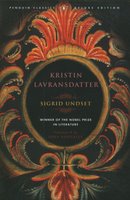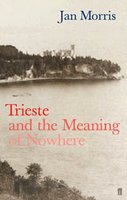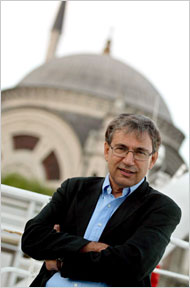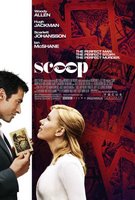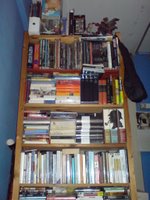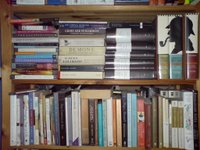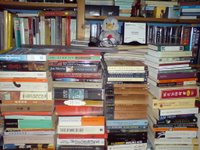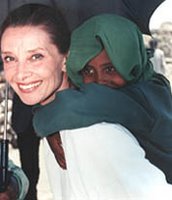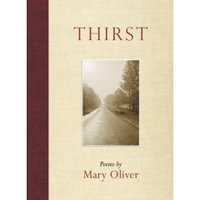Gene Luen Yang's graphic novel, American Born Chinese has be nominated for a National Book Award in the young people's literature category. Tony Long is a copy editor from Wired and he has this to say about the nomination:
But it's a comic book. And comic books should not be nominated for National Book Awards, in any category. That should be reserved for books that are, well, all words.This is not about denigrating the comic book, or graphic novel, or whatever you want to call it. This is not to say that illustrated stories don't constitute an art form or that you can't get tremendous satisfaction from them. This is simply to say that, as literature, the comic book does not deserve equal status with real novels, or short stories. It's apples and oranges.
If you've ever tried writing a real novel, you'll know where I'm coming from. To do it, and especially to do it well enough to be nominated for this award, the American equivalent of France's Prix Goncourt or Britain's Booker Prize, is exceedingly difficult.
I'm linking the full statement here. Just so that you can read for yourself what he wrote.
(I have seen the graphic novel in question. In fact, I ordered it for our bookstore. I would not consider a mediocre work, though it's not actually representative of Chinese culture per se; it tells a story and the artwork is good.) Now, personally I LURVE Mr Long's whining about the "Age of Mediocrity". I feel closed-minded opinions like Mr Long's in fact contribute significantly to this dark Age of Mediocrity. Expand your mind, Mr Tony Long, and get an idea. It is the quality of the work, not the medium that matters here.
The cool bit is Neil Gaiman's dignified response to Tony Long. (Neil Gaiman's The Sandman won the World Fantasy Award - and some people they will never allow a comic book to win ever again):
I suppose if he builds a time machine he could do something about Maus's 1992 Pulitzer, or Sandman's 1991 World Fantasy Award for Best Short Story, or Chris Ware's Jimmy Corrigan winning the 2001 Guardian First Book Award, or even Watchmen's appearance on Time's Hundred Best Novels of the 20th Century list. Lacking a Time Machine, it seems a rather silly and antiquated argument, like hearing someone complain that women have the vote or that be-bop music and crooners are turning up in the pop charts.I like the bit where he says that he hasn't read the comic in question, but he just knows what things like that are like. It's always best to be offended by things you haven't read. That way you keep your mind uncluttered by things that might change it.
Neil Gaiman is my Number One Nice Guy. I sat next to him at a luncheon once. When they served me my vegetarian set, Neil, misunderstanding that the hotel screwed up on my order, offered me his fish. Awww, what a sweet guy ... ;)
